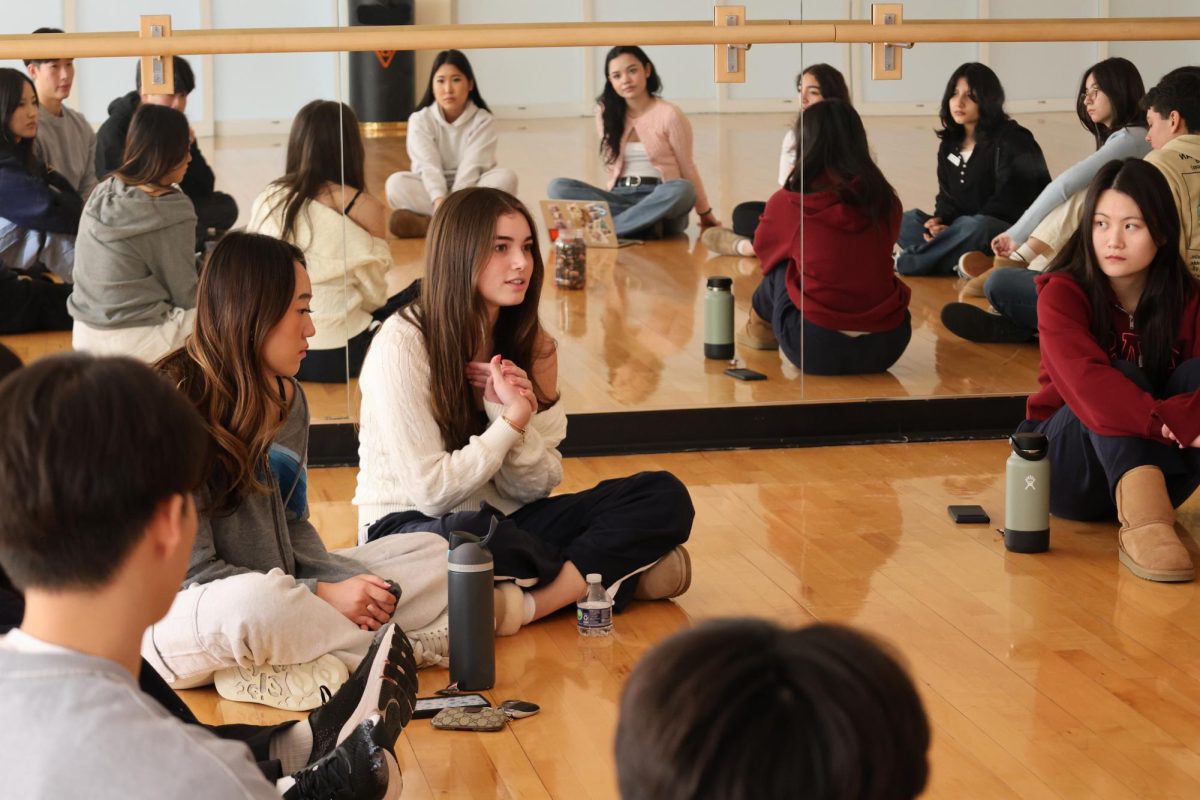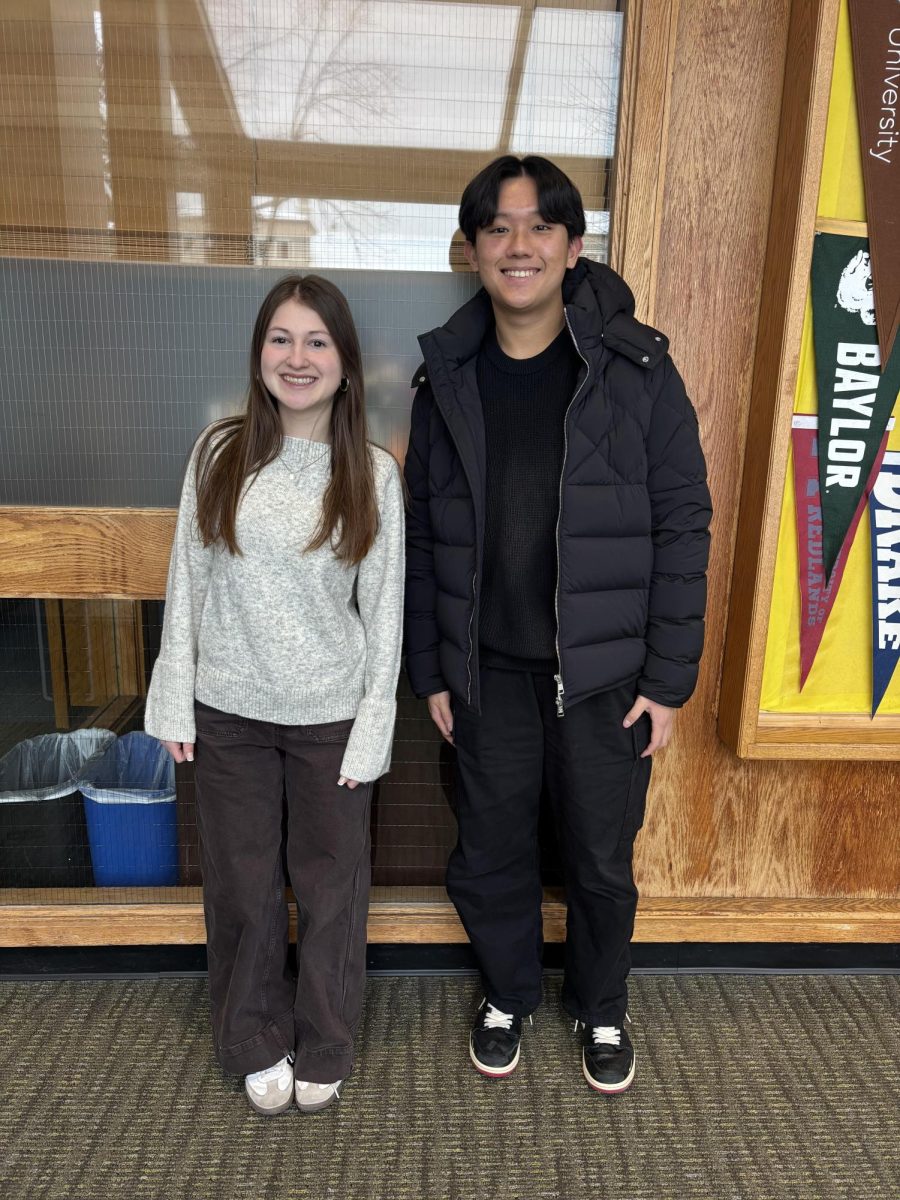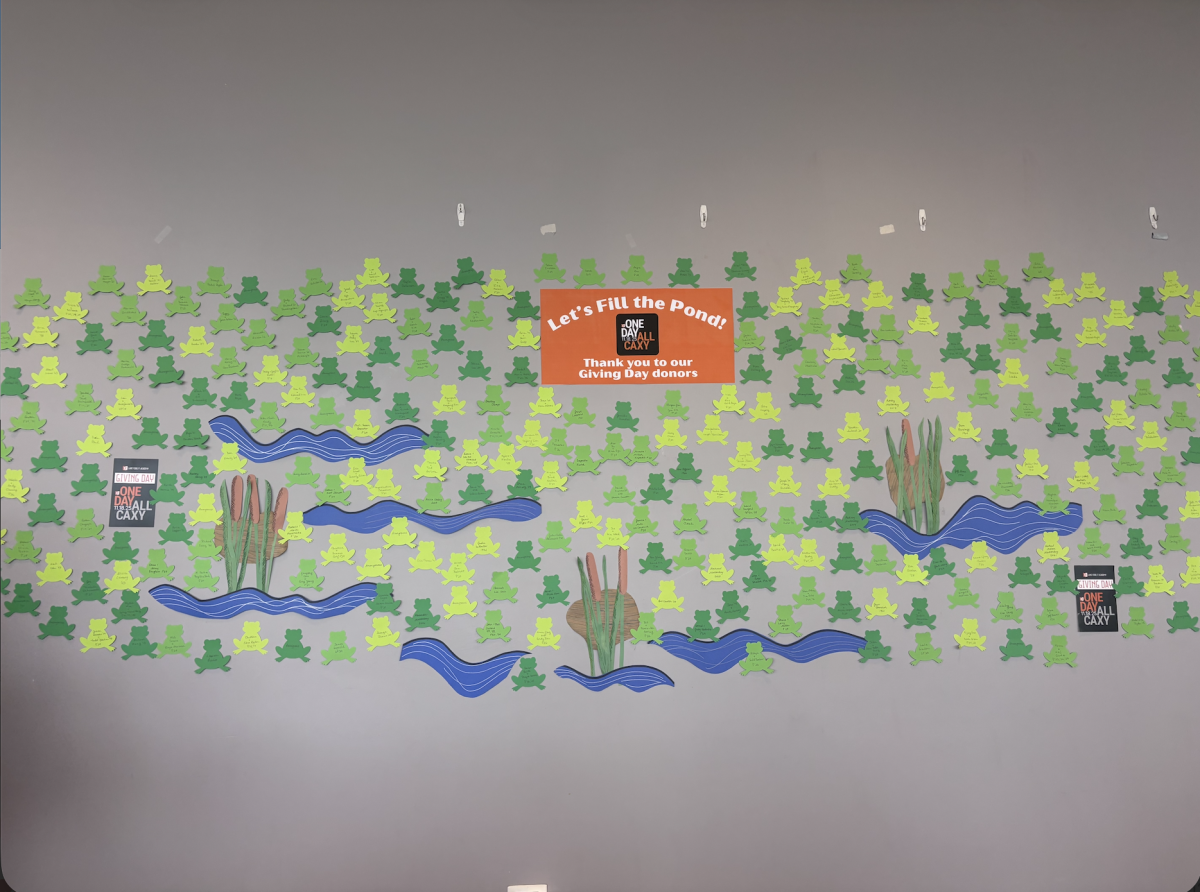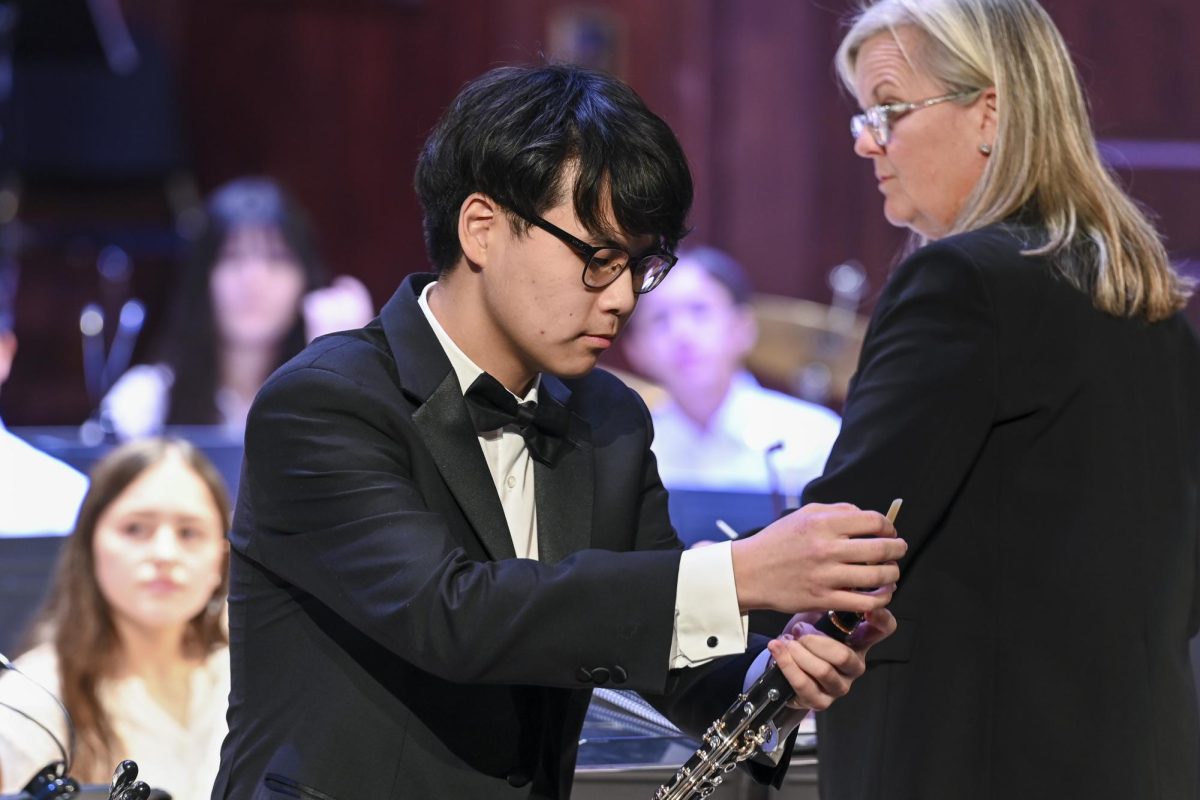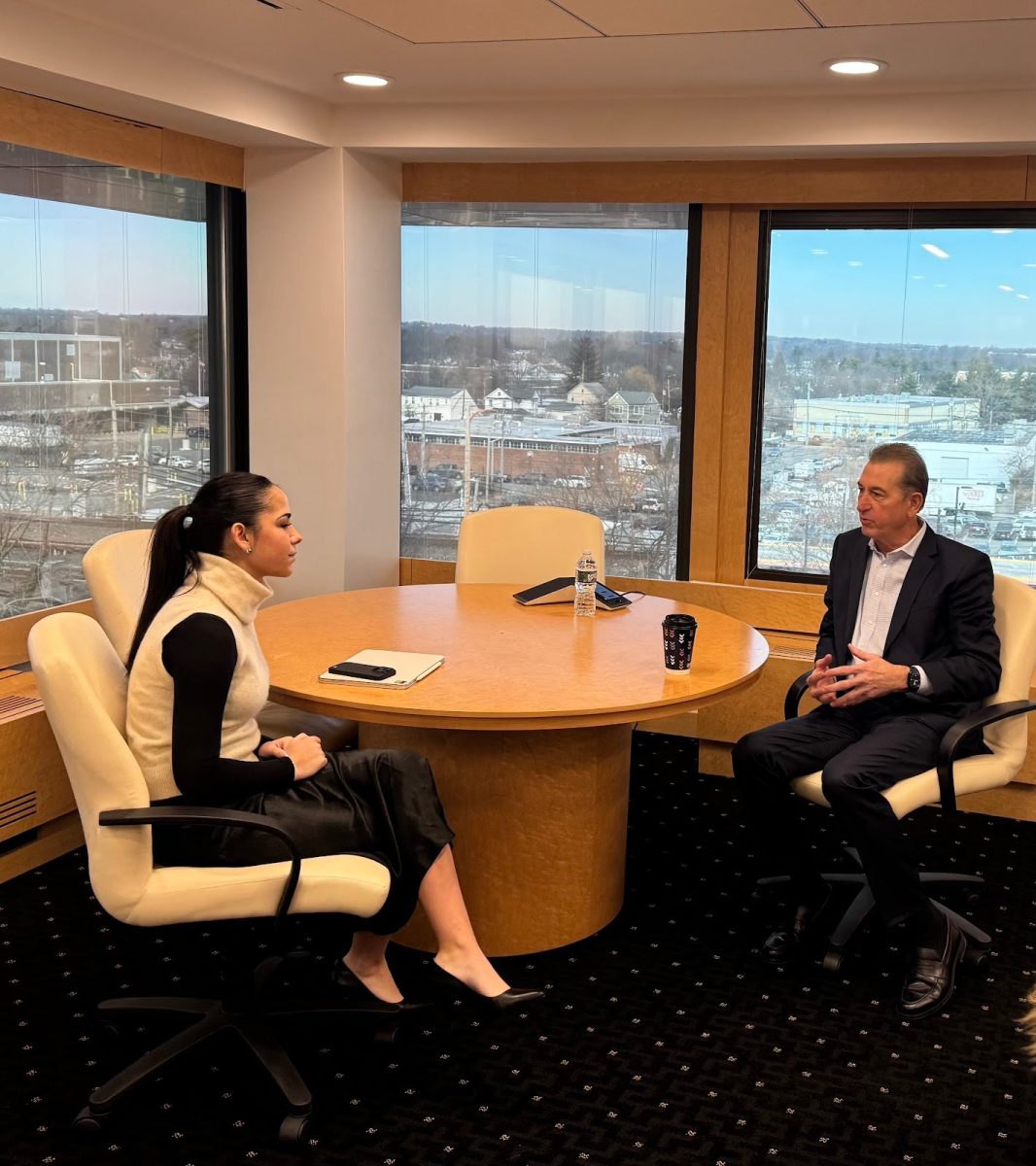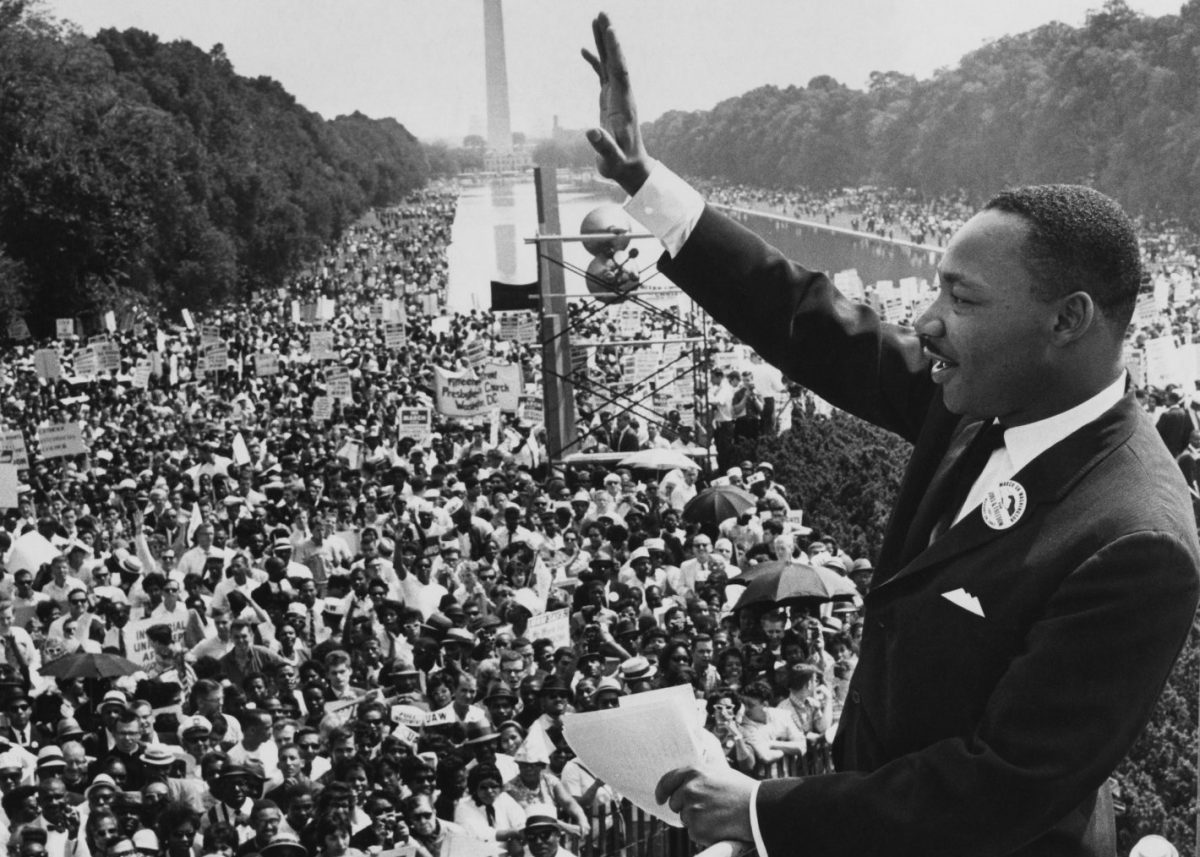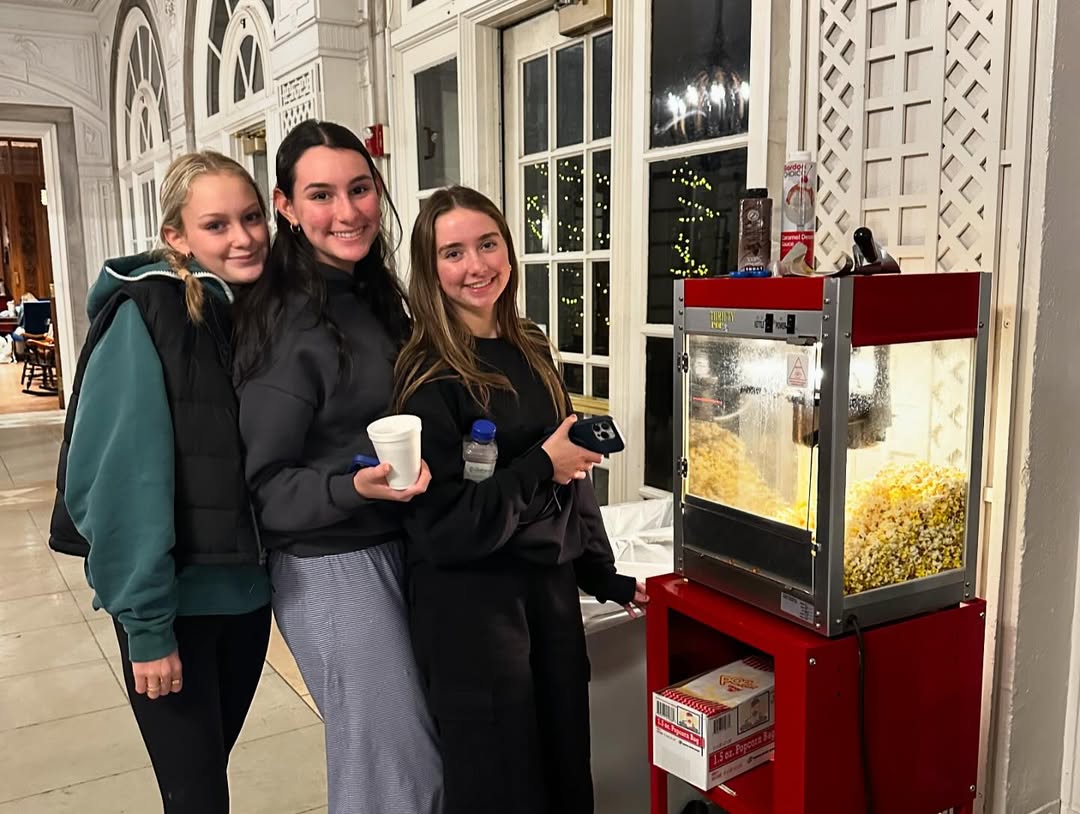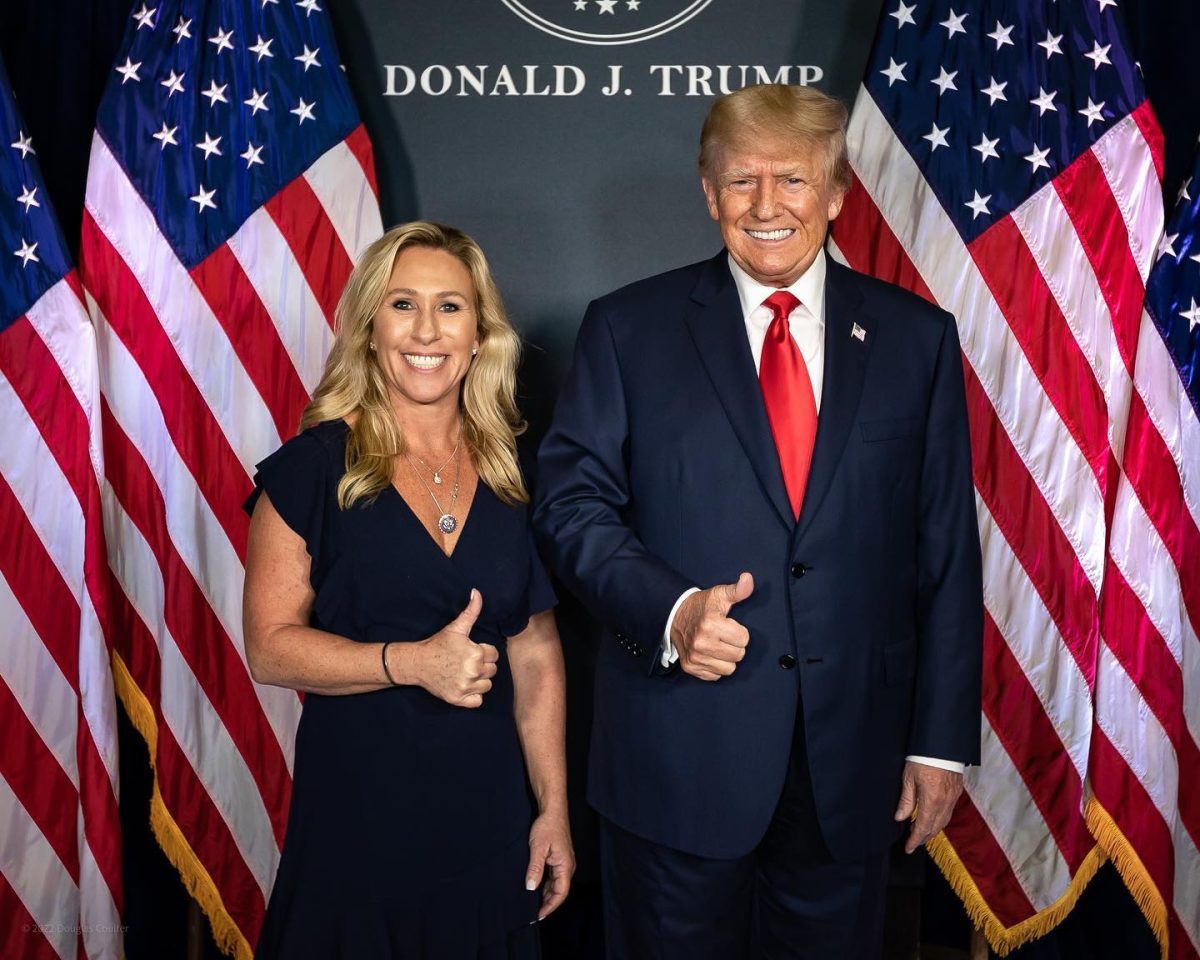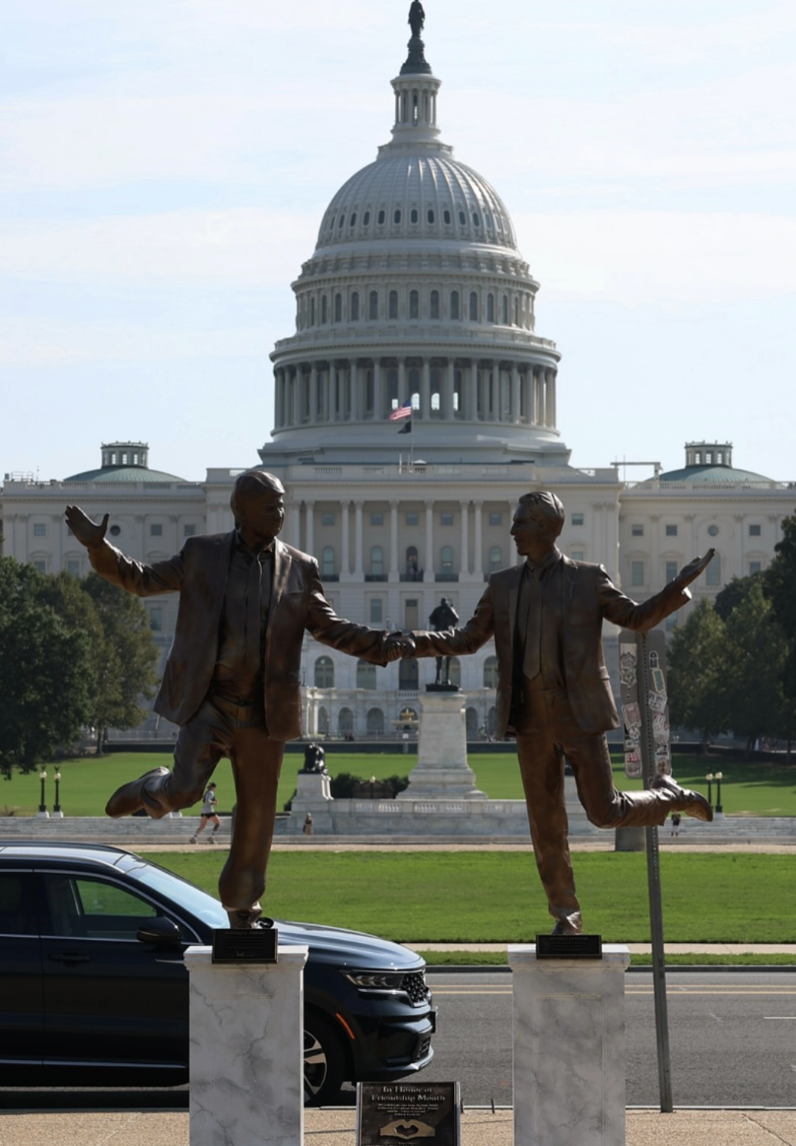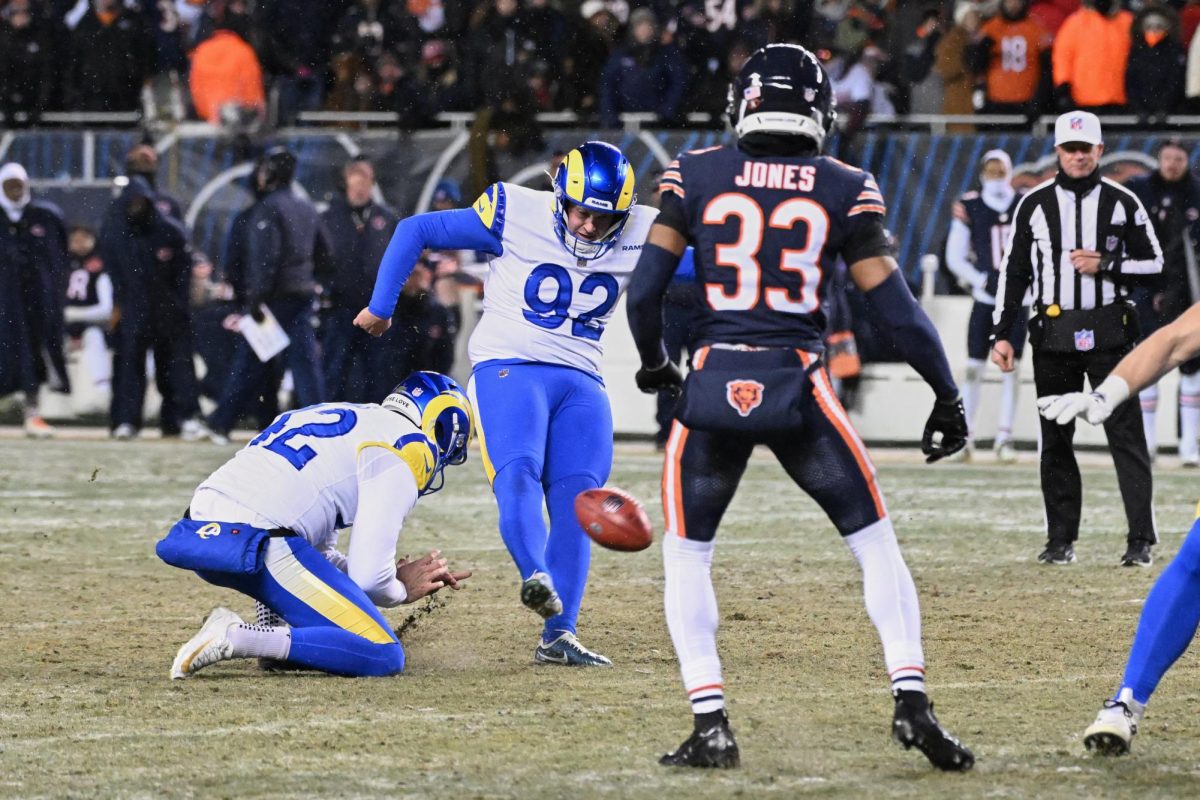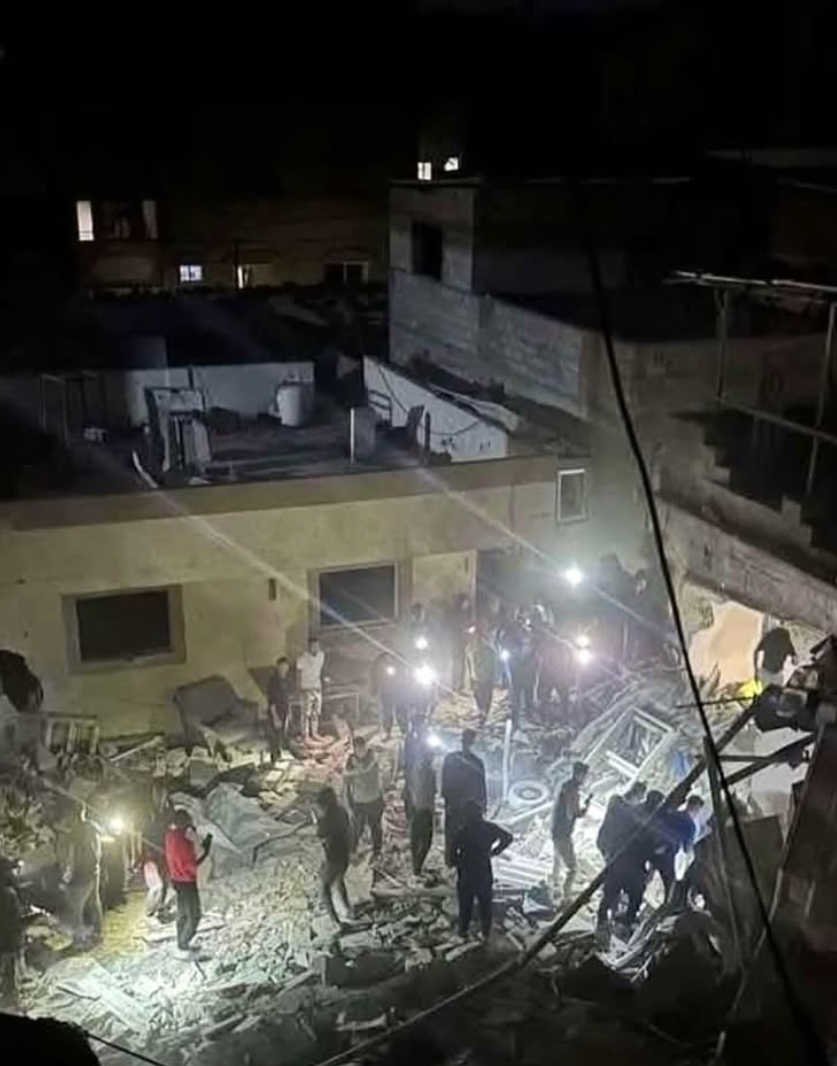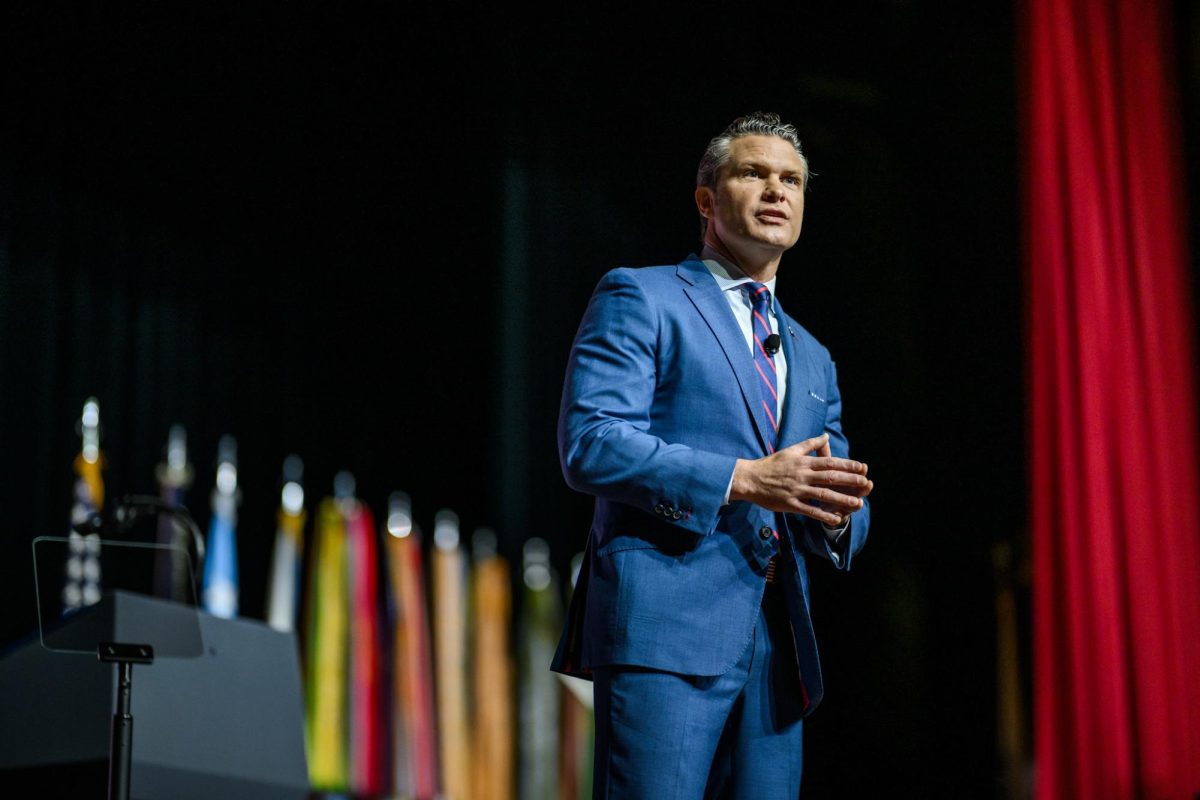Masked Musicians: How the LFA choir and orchestra were still able to perform in the midst of a pandemic
December 11, 2020
With this year having many complications due to COVID-19, the LFA performing arts, specifically choir and orchestra, have had to find new ways to express their artistic abilities. as following the CDC guidelines, both programs have been able to adjust, allowing their students to still perform. Both Director of Music Tim Plambeck and Orchestra Teacher Sally Stephenson recognize the difficulties that year has brought so far. Both teachers acknowledged the drastic differences between this year and past years, but in turn noted that these new challenges and changes allowed a new sense of community to develop between the students and the teacher themselves.
Plambeck, a proud member of the LFA community, has been teaching at LFA since 2001. Since then, he has taught various performing art centered classes, including Choir, AP Music Theory, Piano 1, the Arts Concentration program, and offers opportunities for various independent studies. In late March of 2020, he explained, he had one of his first experiences teaching high school choir online. At first he said it was difficult but as it turned out, “It was a blessing in disguise”. In the beginning, he assigned assignments about music theory and had the students submit mini vocal recordings using apps like Acapella. Everyday on the regularly scheduled class period, the choir would zoom in as Plambeck felt it was necessary to socialize in the uncertain times. Later in the “at home quarantine,” he started to assign projects. These projects really helped the choir learn more about each other as the students were able to present themselves and their families, making the choir grow closer as family.
When school was reopened in August, the choir was able to, for the most part, resume class without many extreme changes. Plambeck read many choral instructors courses of action to find the best and safest way to continue choir. In the beginning of the new school year, the choir practiced outside in the warm weather, socially distanced and with masks on. Plambeck tried to keep the students outside as long as possible, and when the weather permitted it. Later when it started to become cold outside, the choir moved into Cressey lobby where they were able to spread farther apart and still sing safely. Due to travel restrictions, the choir lost many of their international members unable to safely come back to the LFA campus. This year, the choir has 14 members compared to the usual number of 45 members last year. Even though the choir is smaller, Plambeck sees this as the perfect opportunity to work more closely with the students on campus.
The orchestra director Sally Stephenson is a newer staff member of the LFA community, having recently joined in January of 2020. At LFA, she teaches Orchestra, Advanced Music Production, and Electronic Music Ensemble. At the start of the March lockdown, she assigned short music pieces through an app called Smartmusic. Here, she was able to assign the music that was begun before the break, continuing the performance of the pieces. She also at the end of the year had the students perform a final piece of their choice through the app. When back on campus at the start of the new school year, new challenges arose with how to perform with so many students that play wind instruments. Originally, she had created small chamber groups to perform and practice outside, but with the ideal weather, was able to have the whole orchestra perform together for a few months. Outside was a struggle because the wind blew around music, and many people stood around. Playing outside also changed the way a piece sounded due to being in open air, making it difficult to judge what areas of pieces need more work. Ultimately Stephonson said, “I was willing to do anything to play, even if it was uncomfortable.” Stephenson wanted to try everything, seeing what worked and what didn’t. When it started getting colder, she continued the chamber groups with the right instrument covers and safety equipment in places inside like New Hall, Cressey, and Little Theater. These little groups and Smartmusic allowed Stephenson to assess and accurately form groups to play different pieces that fit individuals. She felt as if she “got to know the players individually”. She said being able to know everyone because she gets to listen to them individually and meet them in small groups allowed her to learn the students strengths and weaknesses. This enables her to help individuals grow as musicians. The little groups allowed Stephenson to not only grow stronger relations with her students, but it also allowed students to learn more about each other.
As stated by senior Lizzie Dozois, “This year is different from the ones before, but it is nice to know people I would never have the opportunity to talk to on a daily basis. I really get to know more of our community members and about them.”
With safe practices and being able to perform socially distanced, both programs were able to safely conduct a fall concert. The fall concert was outside in front of Reid. The choir showcased a variety of songs from pop to Disney. The orchestra played a few spookier pieces in the spirit of Halloween and a march. Even though COVID-19 has imposed many new challenges for the performing arts of LFA, in many ways it has been “a blessing in disguise” because it allowed the arts program to grow stronger.


